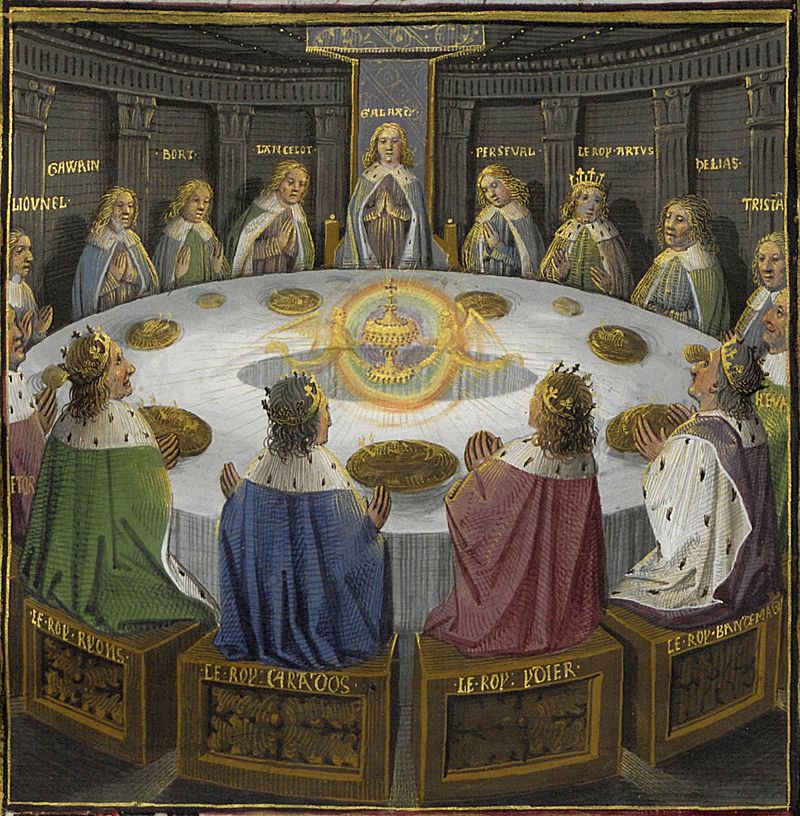Key Takeaways
- The key difference between round and around is that while round can be used in many instances replacing the word around, the vice versa does not apply.
- Round can be used as an adjective, noun, verb, adverb, and sometimes even as a preposition, while around is used as a preposition, adverb, and adjective.
- British speakers prefer round, while American speakers prefer around.
Round and around are two words that often create confusion. They both have multiple meanings and can be used in various situations. The main confusion between the two words arises when using them to refer to circular motions or objects. It is important to note that most speakers use the words interchangeably, although many have their preferences. For instance, British speakers tend to favor round, while American speakers prefer around. This article examines the differences and usage of the two words.
What is Round?
The word round has numerous meanings. It can function as a noun, verb, and adjective. Here is a list of meanings that can be generated with the word round:
– Round can describe a curved or circular object.
– I have heard so much about King Arthur’s Knights of the Round Table.
– What is the round thing on your table?
– Why don’t you give me a round number?
In these examples, the word is used as an adjective to describe something circular. In the third example, round is associated with numbers to express a number in convenient units rather than exactly.
– Round can refer to different stages of a contest.
– Who won the first round?
– He performed well in all three rounds.
– Round can convey the idea of unrestrained.
– The young boy received a round thrashing for misbehavior.
– Round refers to a series of events.
– It was only after a round of meetings that they finally came to an agreement.
– Round off is a verb used to refer to the completion of something.
– Why don’t you round off the program for today?
What is Around?
Around can be used to generate the following meanings:
– Around is used for circular movements.
– We went around the city all day.
– At the end of the dance, she spun around.
– It can be used to refer to the existence of something on every side.
– I saw flowers around the cottage.
– There were many buildings around the hotel.
– It is used for an approximate time, place, etc.
– I will be there around nine.
– It can refer to the presence or existence of someone.
– I’m sorry he is not around.
– Didn’t you hear? She is no longer around.
– It can be used to refer to the center of activity, process, etc.
– I’m sorry, but we cannot make any amendments as the project is focused around the fishing village and people’s livelihood.
– Around is used when referring to avoiding or passing something.
– She managed to get around the issue somehow.
– It conveys the idea of being near something or in close vicinity.
– Can you wait around for a while?
– She lives around here.
What is the difference between Round and Around?
Definitions of Round and Around:
– Round: Round can be used to refer to a circular object, stages of a contest, series of events, unrestrained, and for the completion of something.
– Around: Around is used to refer to circular movements, near vicinity, approximately, avoidance, the presence of a person, on every side, and the center of activity.
Usage of Round and Around:
– Grammatical Usage:
– Round: Round can be used as an adjective, noun, verb, adverb, and sometimes even as a preposition.
– Around: Around is used as a preposition, adverb, and adjective.
– Preference:
– Round: Round is preferred by British speakers.
– Around: Around is preferred by American speakers.
